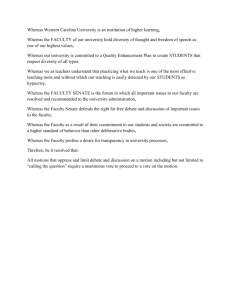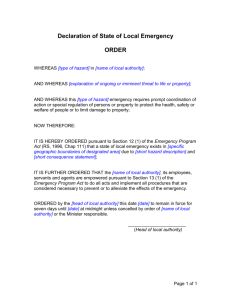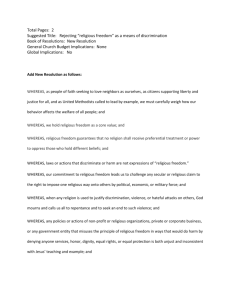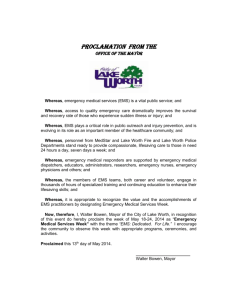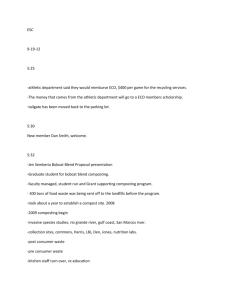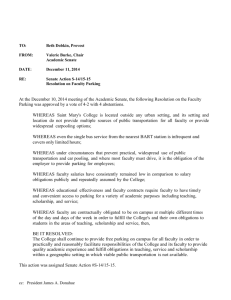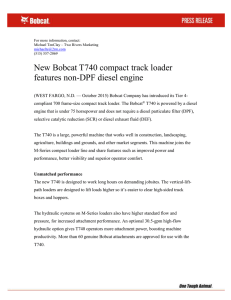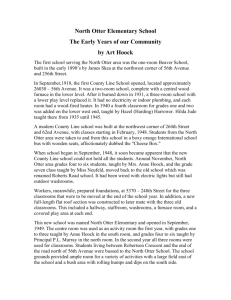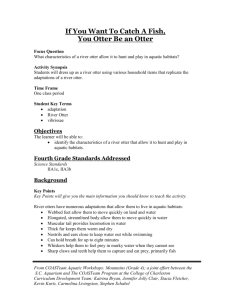Furbearer Bobcat-Otter Data Collaboration
advertisement
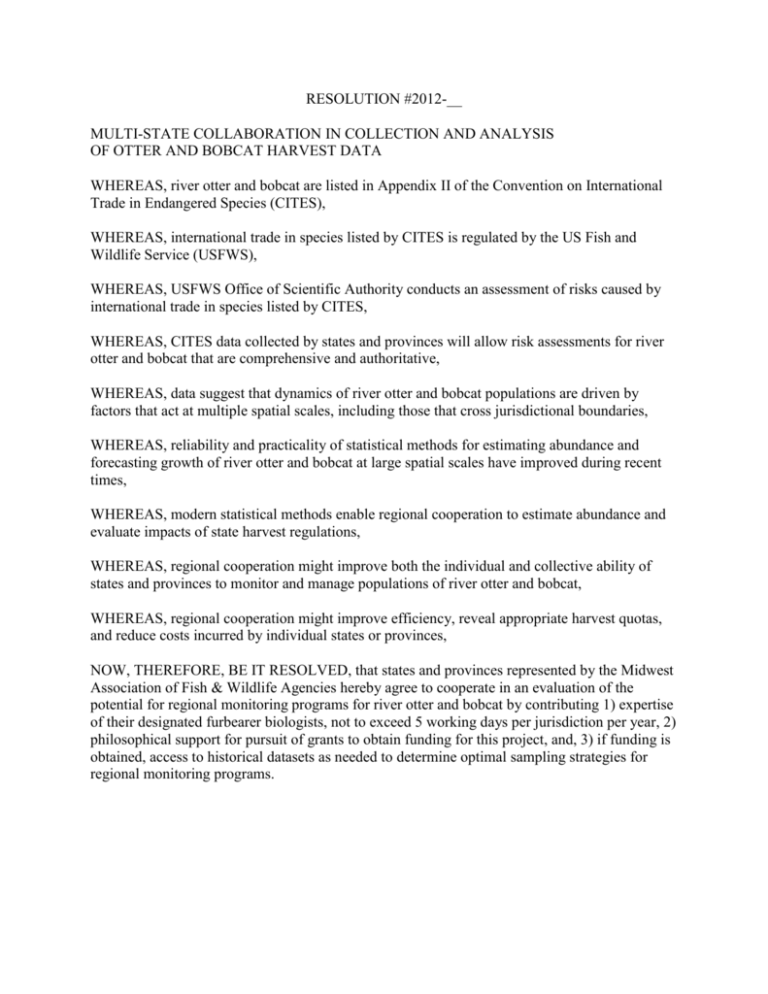
RESOLUTION #2012-__ MULTI-STATE COLLABORATION IN COLLECTION AND ANALYSIS OF OTTER AND BOBCAT HARVEST DATA WHEREAS, river otter and bobcat are listed in Appendix II of the Convention on International Trade in Endangered Species (CITES), WHEREAS, international trade in species listed by CITES is regulated by the US Fish and Wildlife Service (USFWS), WHEREAS, USFWS Office of Scientific Authority conducts an assessment of risks caused by international trade in species listed by CITES, WHEREAS, CITES data collected by states and provinces will allow risk assessments for river otter and bobcat that are comprehensive and authoritative, WHEREAS, data suggest that dynamics of river otter and bobcat populations are driven by factors that act at multiple spatial scales, including those that cross jurisdictional boundaries, WHEREAS, reliability and practicality of statistical methods for estimating abundance and forecasting growth of river otter and bobcat at large spatial scales have improved during recent times, WHEREAS, modern statistical methods enable regional cooperation to estimate abundance and evaluate impacts of state harvest regulations, WHEREAS, regional cooperation might improve both the individual and collective ability of states and provinces to monitor and manage populations of river otter and bobcat, WHEREAS, regional cooperation might improve efficiency, reveal appropriate harvest quotas, and reduce costs incurred by individual states or provinces, NOW, THEREFORE, BE IT RESOLVED, that states and provinces represented by the Midwest Association of Fish & Wildlife Agencies hereby agree to cooperate in an evaluation of the potential for regional monitoring programs for river otter and bobcat by contributing 1) expertise of their designated furbearer biologists, not to exceed 5 working days per jurisdiction per year, 2) philosophical support for pursuit of grants to obtain funding for this project, and, 3) if funding is obtained, access to historical datasets as needed to determine optimal sampling strategies for regional monitoring programs.

